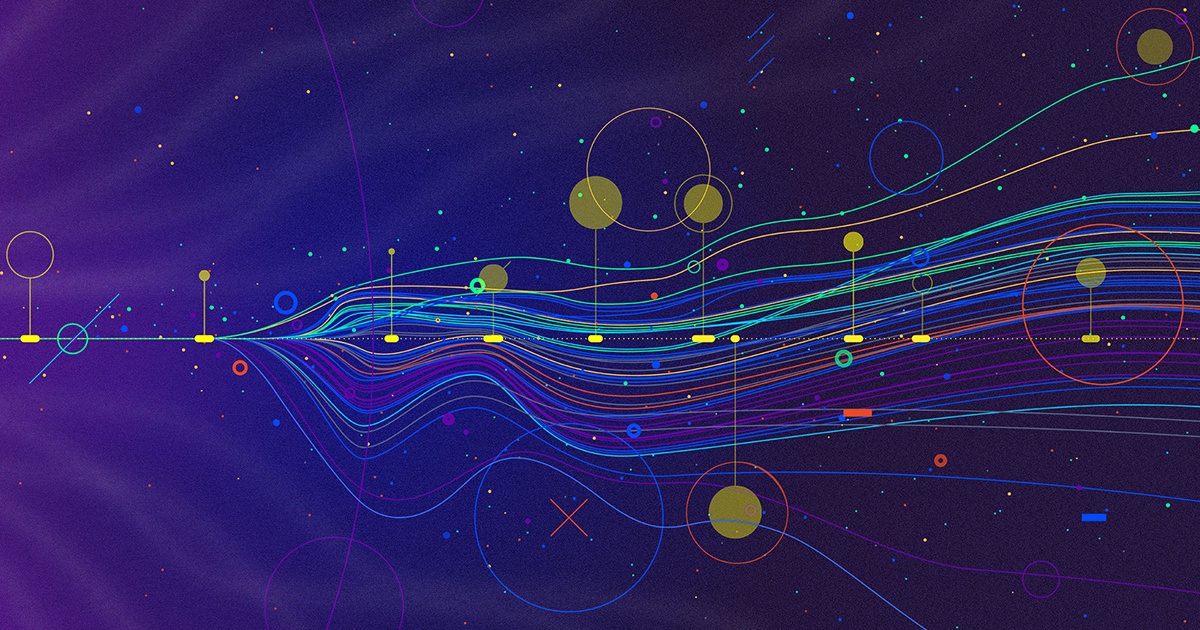
Artificial intelligence (AI) is increasingly influencing the way science and mathematics are practiced, prompting a reevaluation of what it means to conduct research and to be a scientist. Rather than replacing human creativity, AI is becoming a collaborative partner in exploration — accelerating computations, uncovering hidden patterns, and even suggesting novel hypotheses.
In fields such as physics, biology, and pure mathematics, AI systems have been used to identify relationships that elude even experienced researchers. Machine learning models can process vast datasets with unprecedented speed, finding connections that can lead to breakthroughs in knowledge and technical innovation.
This shift is changing the role of scientists and mathematicians, who are now tasked with interpreting and guiding these tools rather than solely relying on human intuition. While AI may not yet match the insight and imagination of humans, it is augmenting traditional methods in ways that both expand and complicate our understanding of scientific discovery.
As the capabilities of AI continue to evolve, the scientific community is adapting—developing new skills, ethical frameworks, and collaborative methods to fully harness the potential of intelligent systems in research and inquiry.
Source: https:// – Courtesy of the original publisher.








